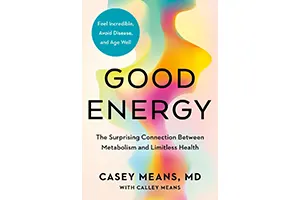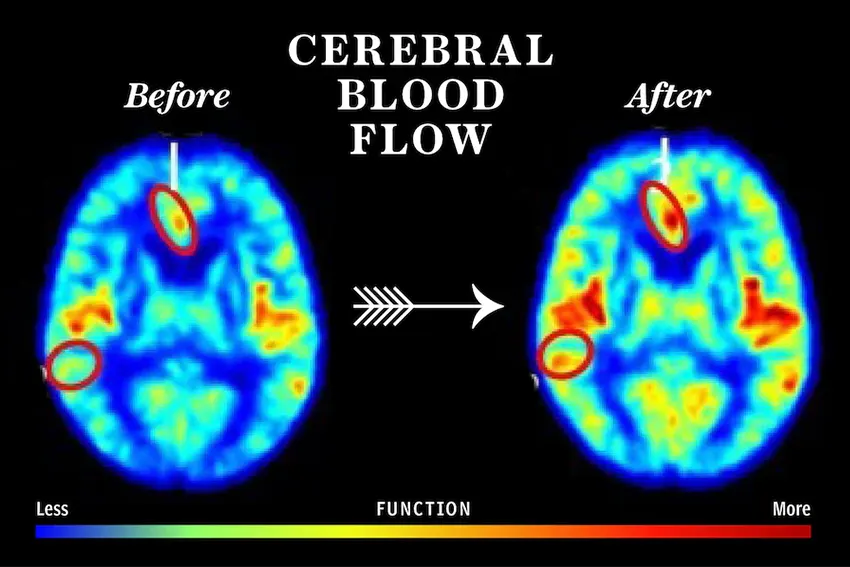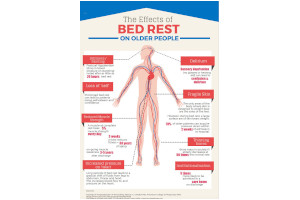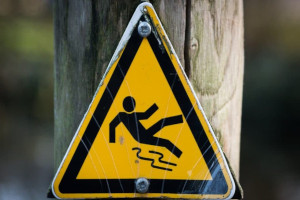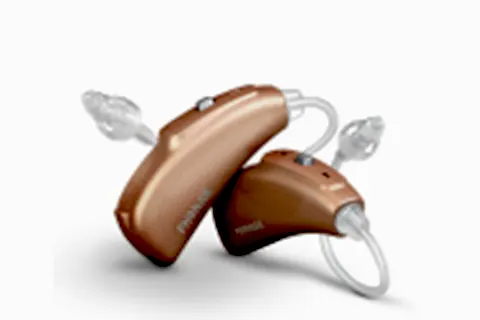Educational Classes
Chronic Illnesses and the the Link From Metabolic Dysfunction
Recent studies have shown that 93.2% of American adults have a metabolic problem. This means that in the overwhelming majority of adults, the process in which we convert food energy to cellular energy is not optimal. This under-powering of our cells, like a puttering car, creates stress on these cells. This stress results in a…
Read MoreFunctional Capacity and Levels of Physical Activity in Aging
A recent study aimed to understand the decline in physical function among older adults, focusing on various factors such as gender differences, body composition changes, functional fitness, comorbidities like type II diabetes, and the influence of physical activity. Over a 3-year period, they found that physical function declined with age, particularly in females, and identified…
Read MoreHyperbaric Treatments an Alternative for Dementia
Hyperbaric oxygen therapy (HBOT) is a treatment that involves breathing pure oxygen in a pressurized room or chamber. There is ongoing research into its potential benefits for various medical conditions, including dementia. We were recently joined on our podcast by Priscilla Romans, RN of Graithcare (www.graithcare.com), a patient advocacy company, to discuss this alternative treatment…
Read MoreThe Paradox of Rest For Those Struggling with Fatigue
Fatigue is the leading reason for restricted activity in people 70 and older, according to a 2001 study by researchers at Yale.Other studies have linked fatigue with impaired mobility, limitations in people’s abilities to perform daily activities, the onset or worsening of disability, and earlier death. The Paradox of Rest: One interesting phenomenon observed in…
Read MoreHome–A Crucial Factor in Healthcare for Seniors
“Home is Invisible to all other care providers—ambulatory care practices, rehabs, etc. They miss numerous insights into how a patient lives AND is ultimately where the patient has to be successful. Many seniors these MD practices see could benefit from Nexus—our proprietary scoring tools provide a close up look to the risk factors affecting the…
Read MoreCascade of Dependency Can Happen Quickly
Prolonged hospitalizations without careful attention can create a MULTI-SYSTEM decline, increasing risk and debility for seniors. Add to this list pulmonary and cardiac complications, urinary tract infections, and you can see why you must advocate for early and often mobility. Download PDF
Read MoreUrgent Call for Action: Older Adults’ Follow-Up Care and Fall Prevention Lags
Falls are the leading cause of both fatal and nonfatal injuries in the United States for adults ages 65 and older. With 1 in 4 older adults falling annually, 27,000 deaths, 8 million emergency department (ED) visits, and 800,000 hospitalizations have occurred. A recent study conducted by Florida Atlantic University’s Schmidt College of Medicine sheds…
Read MoreBlue Monday: Fighting depression, anxiety
The third Monday of the year has been coined ‘Blue Monday’, while feelings of depression do seem to increase at this time of year, depression can hit at anytime. The good news is that we can use our own body’s reward/pleasure systems to combat this. These neurochemicals play a vital role in both mental and…
Read MoreWomen with Heart Healthy Diet Less Likely to Report Cognitive Decline Later
A recent study led by researchers from NYU Grossman School of Medicine has unveiled that women who followed blood pressure-lowering diets during middle age were approximately 17 percent less likely to experience memory loss and cognitive decline decades later. This suggests that adopting the Dietary Approaches to Stop Hypertension (DASH) diet in mid-life can potentially…
Read MoreHearing Aids Slow Cognitive Decline…Dramatic New Study
Hearing Aids Slow Cognitive Decline…Dramatic New Study As the global population ages, the prevalence of dementia and cognitive decline in older adults is on the rise, necessitating cost-effective interventions to prevent or slow age-related cognitive deterioration. Research has linked hearing loss to dementia in older individuals, suggesting that hearing aid use could potentially mitigate cognitive…
Read More
